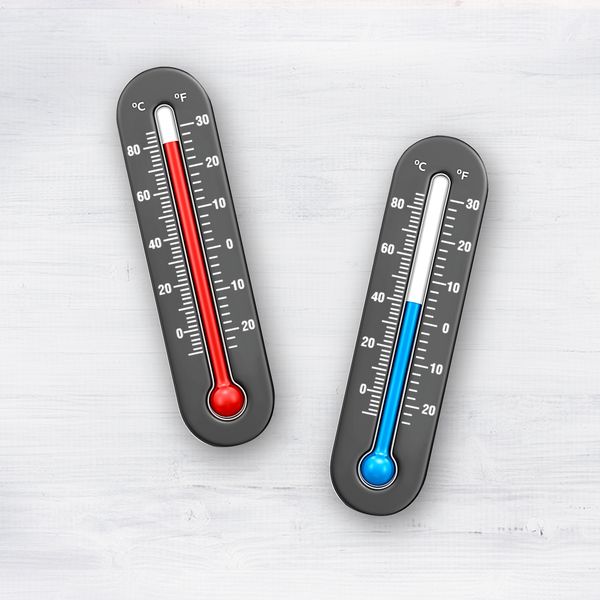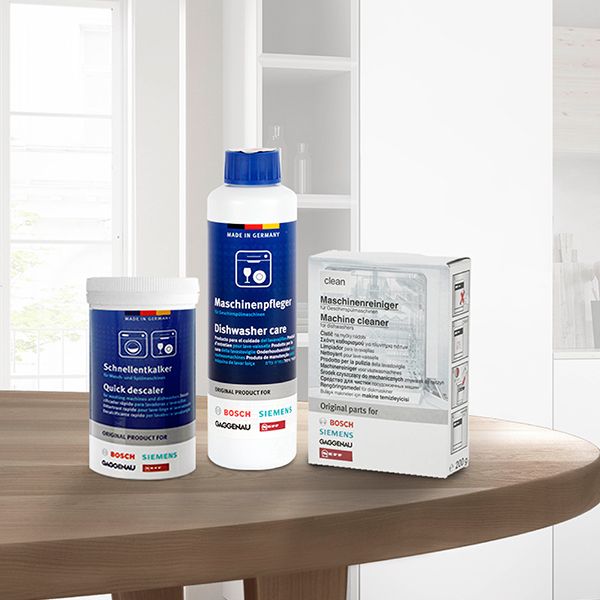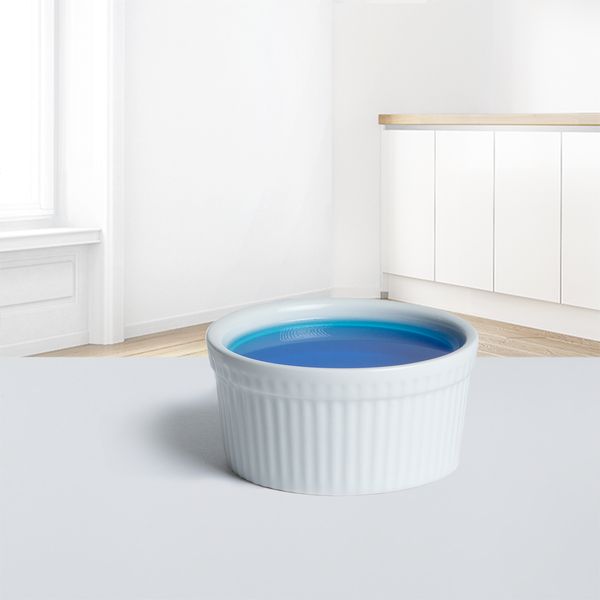How to clean glasses in the dishwasher?
Protect your delicate glassware from corrosion by discovering top cleaning and care tips, so you can enjoy more special moments with your favourite talls. Our quick guide will take you through the importance of using the right temperature, what purpose-made accessories we have that can prevent etching, as well as understanding how to deal with the threat limescale in hard water areas. Remember, delicate should not mean short-lived, so read on and keep your drinking glasses safe, and shiny clean with Bosch.
What dishwasher programme should you use for glass?
A gentle cycle works best
One of the easiest way to protect your delicate glassware from cracking is to use a gentle program designed to protect thin glass. Review the settings on your dishwasher and select the program that washes at 40° (often called 'Glass', although the name can vary per model). It's also good to know that the same lower-temperature program is ideal for cleaning delicate tableware, cutlery and temperature-sensitive plastics. The cycle is powerful enough to remove fresh food remnants, yet light enough to protect thin glassware.
For model-specific information regarding the settings your dishwasher is fitted with, please check your appliance's instruction manual.


Place drinking glasses in a holder
Loading the dishwasher properly goes a long way, but loading is not just about placing things in the correct compartment. It also extends to using the right accessory to help you achieve optimal cleaning results with every cycle. The Secure Glass Holder is a must-have if you want to keep your favourite wine, champagne and generally tall glasses as safe as possible.
What makes it so good...
- It supports with the safe loading of up to four wine or champagne glasses.
- It helps to achieve the highest standards of cleaning and drying through placement.
- Up to four holders (fitting 16 glasses) can be used in the lower basket of a full-size 60cm dishwasher.
- Up to two holders (fitting 8 glasses) can be used in the lower basket of a slimline 45cm dishwasher.
Add rinse aid separate to the detergent used
Rinse aid is a surfectant product, which helps to reduce the surface tension of the rinse water and ensures not only that water drains optimally from your dishwasher, but also that your glasses come out sparkling clean and perfectly dry. Bosch dishwashers add rinse aid during the last rinse of a standard cycle, which also neutralises soap residue and prevents deposits of limescale.
Please note that rinse aid is not the same product as the detergent you are using, so it is important to avoid adding too much detergent to make up for the lack of rinse aid.
Determine the water hardness
This will help you select the correct descaling setting
Measuring the water hardness is simple, and it takes just a few minutes. But why should you do it? Knowing the water hardness in your home will allow you to determine the correct descaling setting your dishwasher needs to be set to, so that your delicate drinking glasses and all other items that you clean inside the dishwasher, can be protected from the damage done by low pH levels. Measuring the water hardness will also help you understand how often you need to descale your dishwasher, and other home appliances, including the washing machine, so that they are also protected from the damage caused by hard water.
Get started by ordering a Water Hardness Test Strip and ensure your glassware and home appliances stay protected.
Product is available at below online stores
You accept the privacy policy when you click "visit retailer shop"



